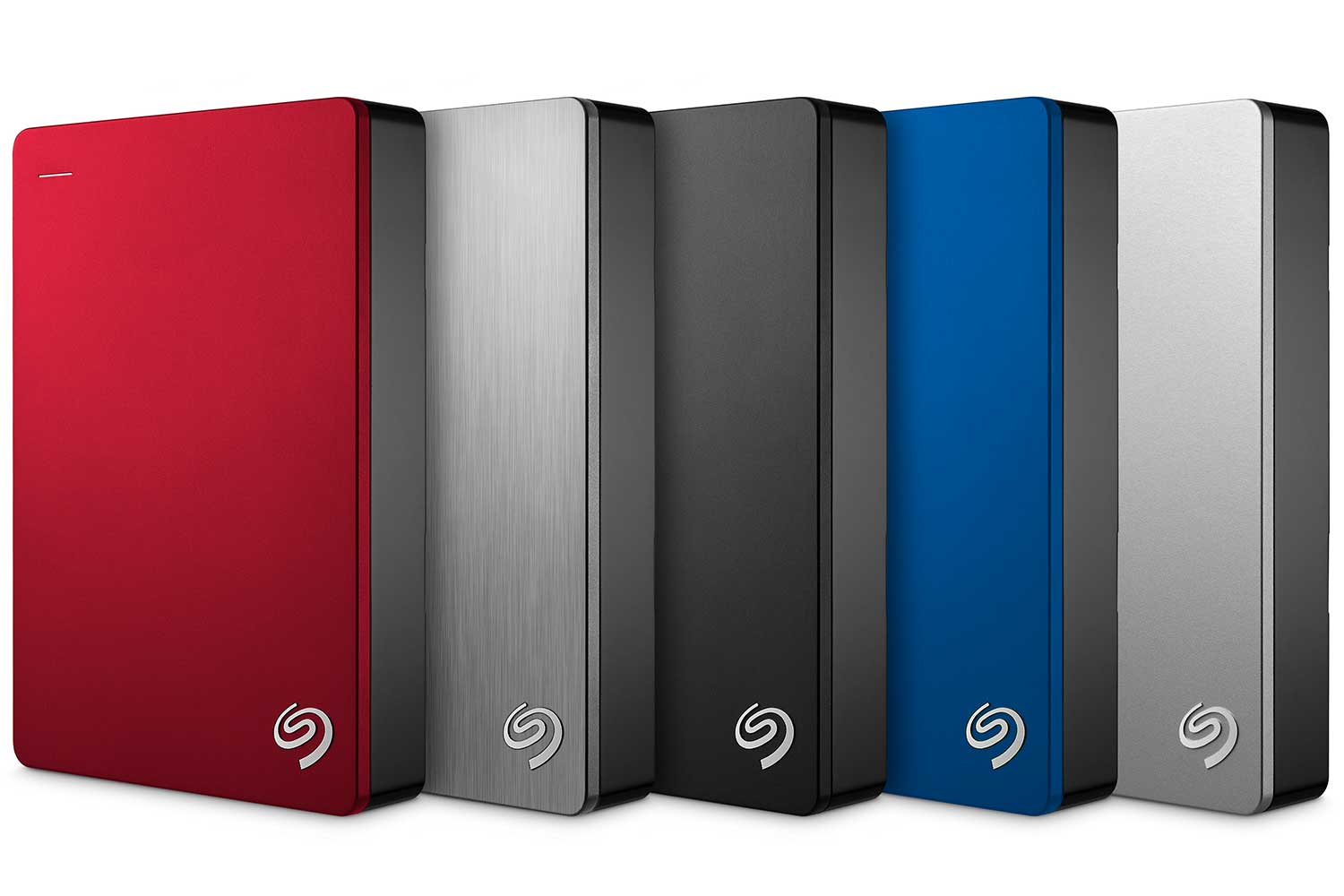
A high-capacity external hard drive is an affordable way to backup all your important files when working from home.
Courtesy Seagate
June 08, 2017 | Miles Durie
Productivity gains
 Working from home is becoming the new normal for many Canadians
Working from home is becoming the new normal for many CanadiansWorking from home has become an increasingly common employment situation for many Canadians.
It's not only the self-employed who are running home offices. Many larger companies are relaxing their attitudes toward what's still quaintly called "telecommuting."
As usual, Alberta is way ahead of the curve, with 34 per cent of businesses in our province offering employees some degree of opportunity to work from home, according to a recent BMO survey. B.C. came in second at 26 per cent.
The advantages of working from home when possible are well documented, from increased productivity to reduced traffic on the roads. Maintaining a functional, modern home office isn't necessarily intuitive for everyone, but a bit of planning will help avoid some of the potential pitfalls.
The top priority is to back up your data. Whether your business is accounting, sewing, dog-walking or writing, there is information on your computer that would be disastrous to lose.
Invoices, contracts, proposals, work in progress... it's all at risk.
Get yourself a backup plan. A high-capacity external hard drive is one way to do it, especially since a four-terabyte drive can be had for a paltry $125 to $175 today. Back up your important files to that drive as often as you feel necessary. Think of it this way: if you are mortified by the idea of losing a day's work, back up daily, but if losing a week's work would be manageable, back up weekly.
If you're really cagey, keep that drive disconnected and stored somewhere far away from your computer whenever it is not in use. That way, if malware, fire, flood or power surge is a threat, your data should be safe. Add a layer of confidence by using cloud storage, too.
Everyone who works at home should have off-site backup. There's no hardware to buy, and your backups remain safely off-site so even if your home office burns down or someone steals your computer, your files are secure.
"Everyone who works at home should have off-site backup," according to consumer technology review website The Wirecutter. "There's no hardware to buy, and your backups remain safely off-site so even if your home office burns down or someone steals your computer, your files are secure."
Take a look at services such as Crashplan, iDrive and SOS as a starting point.
Staying organized is another challenge for the home office worker.
For Calgary communications professional Julie-Anne Cleyn, who has worked from home extensively, Freshbooks cloud-based accounting software was a game-changer.
"It's got some great features, like a timer to track your time when billing by the hour," said Cleyn.
"When you're done using the timer, you can log your time into a timesheet and generate an invoice from that timesheet—so I just love how seamless it all is."
Self-employed workers usually need to do some marketing, and a website is almost a must. There are so many website building and hosting services of varying complexity that it can be hard to figure out which one is best for you, but Cleyn has settled on Squarespace.
"Its customer service is stellar," she said, adding that affordability is also a strong point.
The overriding principle for the home worker is to analyze both your technical vulnerabilities and your business needs and take assertive steps to address them. The recent WannaCry ransomware attack affected hardware running Windows 7 and older operating systems only. This means keeping software up-to-date is critical to avoid such attacks.
But mostly, enjoy the 10-second commute to work!
Tagged: Guest Column




